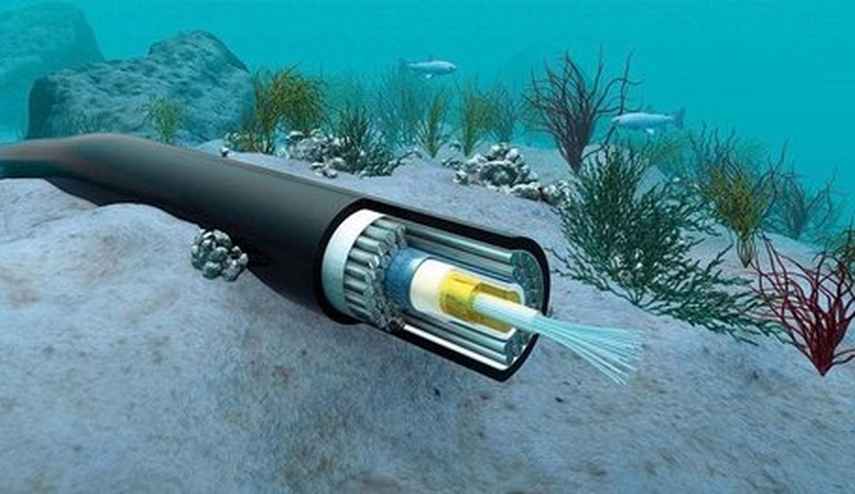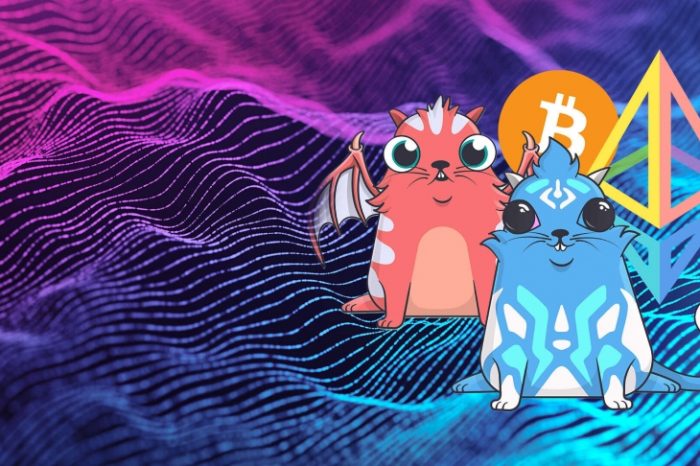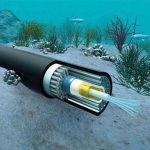Facebook and Google to build undersea cables between the U.S. and Southeast Asia to boost data capacity and improve internet reliability

Facebook and Google are planning to lay two huge undersea cables that will link the West Coast of the United States to Singapore and Indonesia to advancing internet connectivity between the Asia-Pacific region and North America. Indonesia is Southeast Asia’s biggest economy and home to a growing number of smartphone users.
In an announcement on Monday, Facebook said it plans to build two new subsea cables, the Echo and Bifrost trans-Pacific, to connect Singapore, Indonesia, and North America. Facebook said the two subsea cables will be the first transpacific cables through a new diverse route crossing the Java Sea and will increase overall transpacific capacity by 70% and improve internet reliability.
In a joint blog post, Facebook’s vice president of network investments, Kevin Salvadori, and network investment manager Nico Roehrich, said:
“We are committed to bringing more people online to a faster internet. As part of this effort, we’re proud to announce that we have partnered with leading regional and global partners to build two new subsea cables — Echo and Bifrost — that will provide vital new connections between the Asia-Pacific region and North America.”
While Facebook is investing in both subsea cables, Google is also only investing in Echo, “the first-ever cable to directly connect the U.S. to Singapore with direct fiber pairs over an express route.”
In a separate blog post, Bikash Koley VP of Global Networking, Google Cloud, wrote:
“It’s an old story, but one that bears repeating: Google works hard to build infrastructure that connects people, geographies, and businesses. Today, we’re announcing Google’s investment in Echo, a new subsea cable from the United States to Asia. Echo will run from Eureka, California to Singapore, with a stop-over in Guam, with plans to also land in Indonesia. Additional landings are possible in the future.”
Echo subsea cable project is scheduled to be completed by late 2023, while Bifrost is set to be finished by late 2024.
Meanwhile, Bifrost is not the first Facebook undersea project. Last May, Facebook announced plans to build a 22,991-mile (37,000-kilometer) long undersea cable around Africa to provide it with better internet access.
Google is also working on an underwater cable called Equiano, which aims to connect Africa with Europe. The web search titan has another unit, Loon, which makes high-altitude balloons that deliver 4G internet to rural communities. It recently announced an expansion of that plan to Mozambique.

